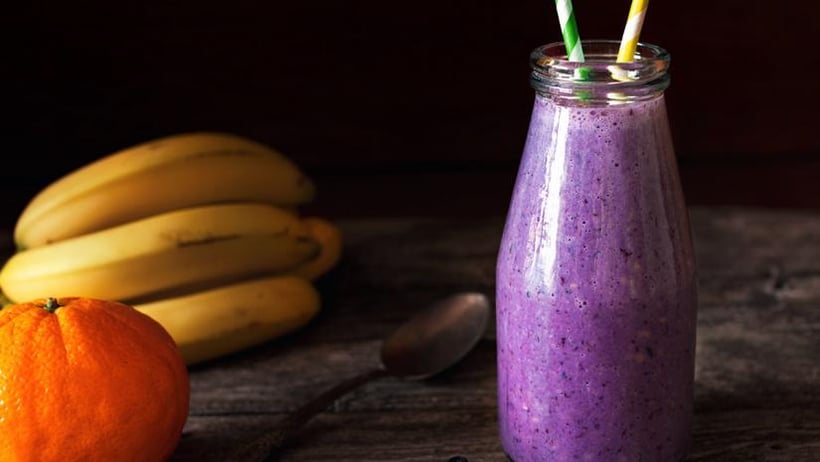
The Canadian Food Inspection Agency has issued a food recall warning for Evive brand smoothies containing raw elderberries due to reported illness complaints associated with the consumption of the product.
While the investigation is still ongoing, Evive Nutrition Inc. has recalled its “Immunity Super Functional Smoothie” because of the presence of raw elderberries, which contain a natural toxin called cyanogenic glycosides. When consumed, this toxin breaks down into hydrogen cyanide. While small amounts can be eliminated by the body, larger amounts can result in severe reactions such as poisoning and even death.
Recalled products
This recalled product has been sold online. Due to its long shelf life which extends into 2023, consumers may have unused portions of the product in their homes.
Brand: Evive Nutrition Inc.
Flavour: Immunity Super Functional Smoothie
Size: 150 g
Codes: H202131213 2023 MA 06, H202132113 2023 MA 18, H202134213 2023 JN 08
The current investigation may lead to other recalled products.
What are cyanogenic glycosides?
A wide range of plants produces this natural toxin called cyanogenic glycosides. In addition to raw elderberries, some stone fruits such as apricots, peaches, cherries, plums and pears, along with bitter almonds, bamboo roots, cassava and raw apricot kernels are known to contain cyanogenic glycosides.
Symptoms of acute cyanide intoxication can include rapid breathing, abdominal pain, headache, dizziness, diarrhea, vomiting, confusion, cyanosis (bluish or grey skin, nails or lips), seizures, loss of consciousness and cardiac arrest.
How to prevent poisoning risks
For the most part, proper handling and preparation of these cyanide-producing fruits and vegetables can help prevent acute cyanide intoxication. The flesh of stone fruit is generally safe to eat as it is not likely that the concentration of the toxin would be enough to cause symptoms (although eating the pit is not recommended). Bitter varieties of almonds or cassava may need to be grated, soaked or cooked to reduce the toxin levels while boiling bamboo roots is recommended.
For food businesses, it’s integral that Food Handlers understand the risks of natural toxins in foods and ensure reasonable precautions are in place and followed to help prevent poisoning risks.
Learn more about natural toxins in food, and equip your business for these food safety risks by ensuring all Food Handlers complete the Canadian Institute of Food Safety’s (CIFS) nationally recognized Food Handler Certification Course.





